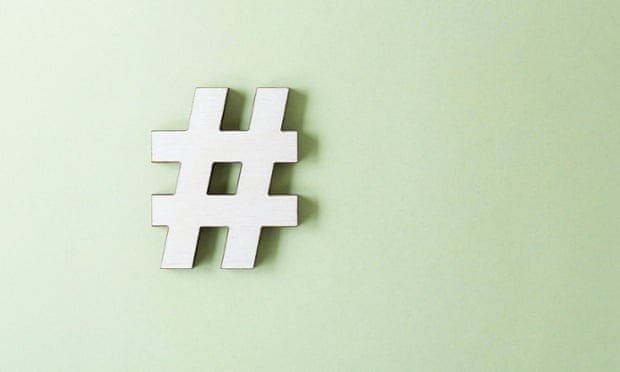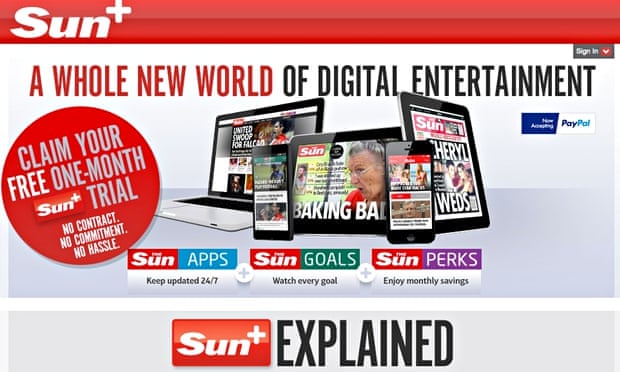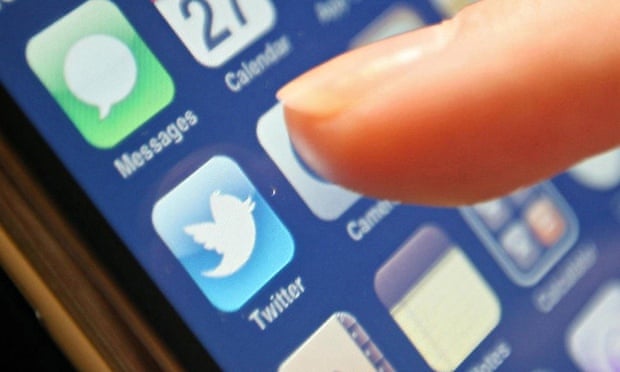Royal Mail says Amazon Delivery service will hit its UK parcels business
http://www.theguardian.com/business/2014/nov/19/royal-mail-amazon-delivery-service-uk-parcels-profits
This article desribes the way in which the new way in which Amazons new delivery service is going to have a huge impact on Royal Mails delivery service. The reason being because of the lower charge, additionally the option to get delivery on the same day for free; Prime Customers.
- The drop knocked more than £360m off Royal Mail’s market value and left the shares languishing below the 445p they soared to on their first day of trading after being floated at 360p.
- Operating profits before transformation costs dropped 21% to £279m in the six months to the end of September.
This article is quite interesting as it shows the different ways in which institutions are changing and are becoming more and more competitive. ie. the introduction of the prime customers benefit of same day free delivery.
'Revenge Porn' Facebook post leads to jail sentence
http://www.bbc.co.uk/news/technology-30307657
This article is about a man putting up a video of a female having sex with his friend. The reason behind doing this has been said was because of wanting revenge, his punishment was being arrested.
- "This sort of industry-wide approach is what we should all expect from a mature, multinational sector of our economy," she said.
- "We should not expect the burdens of removing illegal images from commercial websites to be solely the responsibility of the police.
- "And if websites are hosted in more obscure countries then splash pages should be used to block illegal pornography images from being viewed in the UK in exactly the same way as they have been used to block child abuse images."
I believe that this article is interesting and it should encourage other legislations to consider the same rule, of being punished for actions similar. As the offence has an effect on ones private life and could lead to severe problems, mentally and physically.
Google plans launch of child friendly products
http://www.bbc.co.uk/news/technology-30328078
This article is about the way in which Google aims to create a search engine which is suitable for those of younger ages (up to the age of 12). The main difference between the original Google and the one they plan on releasing is the fact that, this one will be more safe and secure, keeping children away from the wrong things, ie porn and similar. Another feature will allow parents to see what their child is doing and allows one to block specific websites that they don't want their child using, ie games while studying.
- These novel versions of its products will be likely to go further than the "safe search" tools found on browsers and search sites available from Google and many others.
Google's initiative follows other projects it has run that are aimed at children. These include its virtual Maker Camp, a Doodle 4 Google competition for young people and its Made with Code initiative.
- The company's plans could be limited by the US Children's Online Privacy Protection Act (Coppa), which specifies how much data can be collected about children and how it can be used. Heavy fines have been levied on firms that flout Coppa.
I find this quite interesting as I have a younger sister and other younger nieces and nephews and this will allow me to make sure that when they are with me that they are secure and wont access anything they aren't meant to.
Tesco joins retail stampede to social media in bid to create brand chatter
http://www.theguardian.com/business/2014/dec/04/tesco-retail-stampede-social-media-create-brand-chatter
This article is about the way in which Tescos have realised that people spend more money when they find something through social media. They are therefore more engaged and will want to get it. For this reason Tesco are now trying to reach out to their audience through Twitter and Facebook.
- In the first half of this year UK spending on social media advertising rose by 73% to £396m, according to the Internet Advertising Bureau (IAB).
- The clip helped lift visits to Mulberry’s website by 30%, according to chairman Godfrey Davis. “We thought we could have a bit of fun and we seem to have hit on demand,” he said.
- Waitrose has seen its number of fans and followers rise 31% on Facebook and 36% on Twitter since last year, when social engagement doubled over Christmas.
I find this quite interesting as I make use of social networking sites quite alot and sometimes what I do see on twitter or facebook, if I like, I will purchase, ie updates of new trainers or clothes.
No makeup selfie: Cancer Research's lesson on benefits of quick thinking
http://www.theguardian.com/voluntary-sector-network/2014/dec/03/no-makeup-selfie-cancer-research-fundraising-benefit-quick-thinking
This article is about the way in which the no makeup selfie for cancer research was turned into a major fundraiser through social networking sites, and wasnt made official until it was put all over twitter, facebook, instagram, etc.
- Within 24 hours, Cancer Research UK had received £1m in donations. Their next No-makeup selfie tweet reported this achievement and became the charity’s most retweeted tweet ever, with over 14,200 retweets. Following this tweet, the number of text donations hit their peak at more than 700,000.
- By the end of the week, Cancer Research UK had raised £8m. As a final thank you, they announced the money would be spent on ten important clinical trials that they previously couldn't fund.
This article is quite interesting as it shows how social networking sites play a major role in getting anything accross to millions of people & that social networking sites are only for communicating, but can also be used to spread the word to everyone, everywhere across the world.
Sun+ signs up 225,000 paying subscribers
http://www.theguardian.com/media/2014/nov/24/sun-plus-paying-subscibers-news-uk
This article is about the way in which the Sun has managed to get 225,000 subscribers to its digital service for £2 extra.
- The publisher said that the figure has been stripped of any subscribers on a free trial, with the vast majority paying £7.99 a month.
- About 2%, or 5,000 subscribers, have a quarterly or annual package.
- The company has spent tens of millions of pounds buying internet and mobile highlights rights to prime sports events, its deal with the Premier League alone is thought to have cost at least £30m over three years.
-In October, the Sun fell below 2m sales for the first time since 1971, with 1978324 average daily sales.
- When the Sun first went behind a paywall, analysts guessed that it may take 250,000 to 300,000 paying subscribers to break even, but that was before the considerable amount News UK committed to its extensive sports rights portfolio.
- Duncan argued that the best metric of success is to look at a combined print and digital paid for sale, which puts the Monday to Saturday Sun at 2.2m and 1.84m for the Sun on Sunday.
- In February, News UK said the Times and Sunday Times, which went behind a pay wall in 2010, have digital subscriber bases of about 120,000 and 113,000 respectively.
This article is interesting as it shows how the sun have created a feature on-line which is considerably cheap and gives access to the readers to on-line news. The downside is the fact that it will not encourage anyone to read newspapers. Declining the newspapers even more.
Mail online revenues grow 41% to £62m in 2014
http://www.theguardian.com/media/2014/nov/26/mail-online-revenues-grow
This article is based on the way in which the revenue of Daily Mails online website has grown by 41%. It has stated the way in which wowcher got together with it, and gained revenue from it, by creating deals and showing them to the readers.
- The Daily Mail and Mail on Sunday reported a 5% decline in total revenue to £536m. Print advertising revenues fell 5% while circulation revenues dropped 4%.
- Total ad revenues across the Mail businesses hit £252m, a 4% year-on-year increase (£9m). Within this, Mail Online grew ad revenues by 46%.
- The company said the Mail Online’s revenue growth of £19m year-on-year outstripped the £10m decline in print advertising revenues.
- The growth in Mail Online, which just exceeded a management target of £60m in revenues for the financial year, stabilised total revenues across the Mail businesses to just a 1% fall at £598m. Overall operating profit at the Mail businesses grew 13% to £71m. Daily commuter freesheet Metro’s revenues fell 3% to £75m.
- Profits for Metro are combined with daily deals business Wowcher, which saw revenues grow 73% to £24m, which fuelled a 92% surge to £14m.
- The newspaper operations are part of DMG Media, which also includes operations and income such as DMGT’s stake in regional newspaper business Local World. Overall profits for the division rose 19% to £95m year-on-year.
This article is interesting as it shows the way in which Daily Mail have created more revenue and the way in which institutions work by combining themselves with another online website and advertising for them. Making it not only easily accessible to find out deals online, but also meaning more money for the business.
Twitter unveils new systmen for reporting abuse
http://www.theguardian.com/technology/2014/dec/02/twitter-new-system-reporting-abuse
This article is about the way in which users of Twitter will be able to report abuse in easier and quicker steps. New features will allow one to block people and not allow them to see anothers page. The director of product management and user safety stated that this had to be done in order to improve the way in which one was able to report abuse.
-Twitter’s reported 23% year-on-year user growth in the third quarter, though analysis showed that people are engaging with the site less. Throughout November, the company’s top executives sold off millions of stock holdings with the company.
In my opinion I believe this is a good article as it makes sure that twitter users are aware of the features that are going to be available, and will mean that one is able to use it when need be. Allowing victims to report their abuse and do something about it, rather than dealing with the same thing again and again.







